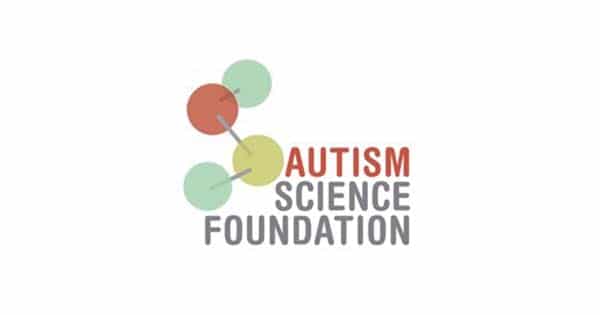
Autism Science Foundation: 2022 Profound Autism Pilot Grants
Past research has established that individuals with autism exhibit a wide range of abilities and disabilities and that those with challenging or problematic behavior, minimal verbal ability, and/or intellectual disability are demonstrably underrepresented in research. Their exclusion prevents generalizability of research discoveries and stalls our understanding of the supports and interventions they require to live fulfilling lives.
In recognition of the differing support needs of those who are minimally verbal or have an intellectual disability, and to encourage both the clinical and research communities to prioritize the needs of this underserved community, the Lancet Commission on the future of care and clinical research in autism called for the use of the term “profound autism.” “Profound autism” describes autistic people who are at least 8 years old, minimally verbal or nonverbal, have IQ below 50, are not able to advocate for themselves, and will likely require 24‐hour access to an adult who can care for them for the rest of their lives.
In order to ensure that individuals across the spectrum are included in research, ASF is releasing a focused RFA to support projects that will improve, expand, or make possible the inclusion of those with “profound autism.” These include studies of those with an intellectual disability or impaired cognitive ability (IQ measured below 50) and minimal verbal ability. In addition, the RFA welcomes research broader in scope than the Lancet definition of “profound autism” to include research on severe and challenging behaviors including self-injury, aggression, and irritability and research focused on children under age 8.
Novel ideas and approaches in this area are welcomed. We recognize that research in this area should be multidisciplinary and we hope to support projects across many disciplines of research. These pilot grants should focus on inclusivity in research, including, but not limited to developing and validating methods or tools that will facilitate or enhance scientific studies to improve the quality of life of these families; translational models that include assessment of verbal ability and cognition; novel uses of technologies and supports; and improved understanding of neurobiological and/or genetic profiles of those who will require lifelong supports.
Investigators are strongly encouraged to reach out to Patient Advocacy Groups (PAGs) that represent families with idiopathic autism or with rare genetic syndromes that result in a high prevalence of neurodevelopmental disorders, including autism. Many of these groups are represented in the Alliance for Genetic Etiologies in Neurodevelopmental Disorders and Autism (AGENDA). Studies that do not include a rare genetic syndrome should partner or collaborate with groups including the National Council for Severe Autism (NCSA). They may also choose to collaborate with a local organization or another advocacy organization that focuses on the needs of people with higher support needs. A support letter from such an organization is welcomed.
Awards
Autism Science Foundation will award multiple pilot grants determined by available financial resources. The term of the award will be one year and will support up to $35,000 in costs for one year. This award cannot be used to cover tuition payments. No portion of these funds shall be used to cover indirect university costs.
Eligibility and Requirements of the Project
Applicants for this award must hold an M.D., Ph.D., EdD, or ScD, and hold a faculty or postdoctoral position at a university or institution, or an organization with 501c3 status.
U.S. citizens enrolled in universities inside or outside of the United States are eligible to apply.
Non-U.S. citizens enrolled in universities based inside or outside of the U.S. are also eligible to apply.
More details
https://autismsciencefoundation.org/apply-for-a-profound-autism-pilot-grant/
